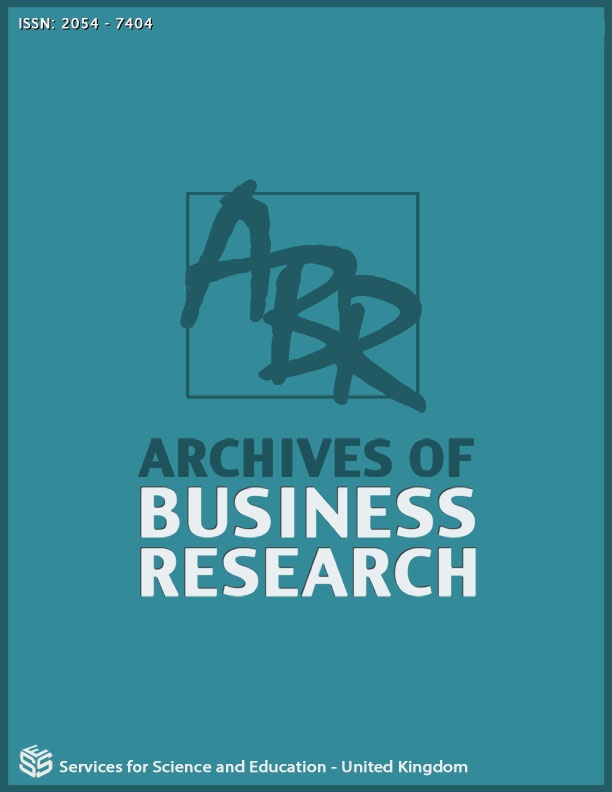Forensic Accounting Investigation Techniques and Financial Crimes Reduction in Nigerian Public Sector: A Case Study of Anti-Graft Agencies (Efcc, Icpc and Ccb) in Nigeria
DOI:
https://doi.org/10.14738/abr.108.12660Keywords:
forensic accounting; financial investigation; litigation processes; dispute resolution; expert consultant.Abstract
The sole reason(s) for government established anti-graft agencies is to arrest, detain, investigate, prosecute and convict corrupt public officers. The essence of this is to reduce, eliminate or eradicate corruption and other related financial crimes in the public institutions in Nigeria. Therefore, this study examines the impact of forensic investigation techniques on the financial crimes in the Nigerian public sector by the anti-graft agencies in Nigeria. Data were obtained from the primary sources through the administering of 69 structured questionnaires to the personnel of the three anti-graft agencies (EFCC, ICPC and CCB) in Nigeria, out of which 51 were duly filled and returned upon which analysis was carried out. Ordinary least squares (OLS) regression techniques were employed for data analysis with the support of the statistical package for social sciences (SPSS) version 23. The findings revealed the following: Litigation processes employed by the anti-graft agencies have a positive and significant impact on the detection and prevention of financial crimes in the Nigerian public sector; Financial investigation technique has a positive insignificant impact on the detection and prevention of financial crimes in Nigerian public sector; Dispute resolution approach adopted by anti-graft agencies has a positive and significant impact on the detection and prevention of financial crimes in Nigerian public sector, and expert consultant technique employed by anti-graft agencies has a positive and significant impact on the detection and prevention of financial crimes in Nigerian public sector. Based on these findings, the study concluded that forensic investigation techniques employed by the anti-graft agencies in Nigeria have the likelihood of reducing financial crimes in the Nigerian public sector. Therefore, the study recommended that the federal government, which established these anti-graft agencies should equip these commissions and ensure that the personnel allowed to attend training to develop skills and techniques in financial investigation. This would encourage these agencies to develop skills, expertise, requisite knowledge and ability in the technique required in financial investigation thereby improving the detection and prevention of fraud which in turn could result in the reduction of financial crimes Nigerian public sector.
Downloads
Published
How to Cite
Issue
Section
License
Copyright (c) 2022 Micah Ezekiel Elton Mike, James Uchenna Okpe, Seini Odudu Abu

This work is licensed under a Creative Commons Attribution 4.0 International License.






